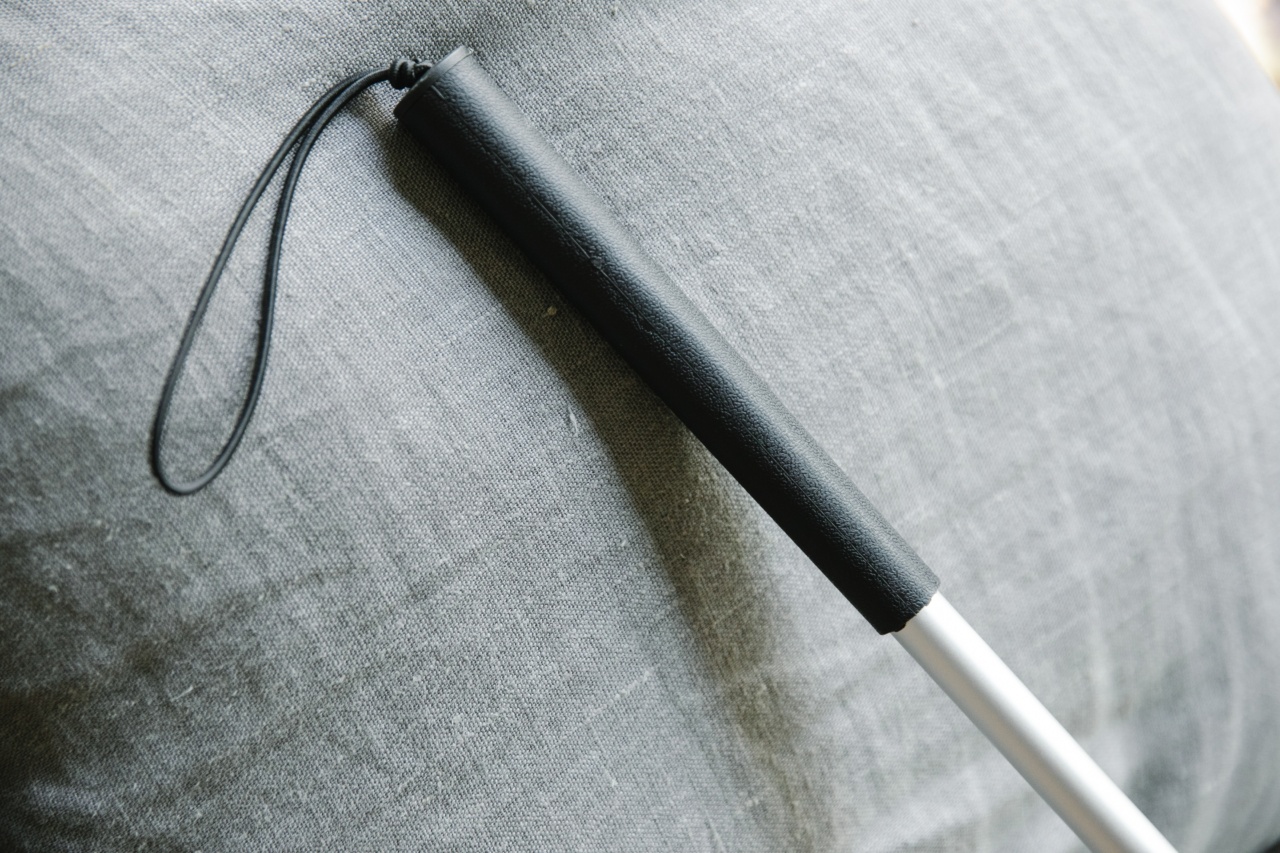Our kidneys play a vital role in maintaining our overall health and well-being.
These bean-shaped organs are responsible for filtering waste and excess fluids from our blood, regulating the body’s electrolyte balance, and producing hormones that help control blood pressure and red blood cell production. Taking care of our kidneys is crucial to ensure their optimal functioning and prevent the development of kidney diseases. In this comprehensive guide, we will discuss the importance of kidney health and provide essential tips for preventive care.
Understanding Kidney Function
Before delving into preventive measures, it’s essential to understand the basic functioning of our kidneys. Each kidney consists of millions of tiny filtering units called nephrons.
These nephrons filter waste products, toxins, and excess fluids from the blood, which are then converted into urine. The urine is transported from the kidneys to the bladder through tubes called ureters, and it is eventually eliminated from the body through the urethra during urination.
In addition to filtration, kidneys also help regulate electrolyte balance, maintain acid-base balance, and produce hormones like erythropoietin, which stimulates the production of red blood cells, and renin, which regulates blood pressure.
The Importance of Preventive Care
Preventive care plays a crucial role in maintaining kidney health. By adopting healthy lifestyle choices and regularly monitoring our kidney function, we can reduce the risk of developing kidney diseases and ensure the longevity of our kidneys.
Here are some preventive care measures to consider:.
1. Stay Hydrated
Drinking an adequate amount of water is essential to maintain good kidney health. Water helps in the proper functioning of the kidneys by diluting urine and preventing the formation of kidney stones.
It also helps in flushing out toxins and waste products from the body. Aim to drink at least 8 cups (64 ounces) of water per day, and more if you are physically active or reside in a hot climate.
2. Follow a Balanced Diet
A healthy and balanced diet goes a long way in promoting kidney health. Include a variety of fruits, vegetables, whole grains, and lean proteins in your diet. Limit the intake of processed foods, salt, added sugars, and saturated fats.
Foods rich in antioxidants, such as berries, bell peppers, and leafy greens, can help protect the kidneys from oxidative stress and inflammation. Additionally, maintain an appropriate protein intake to prevent excessive strain on the kidneys.
3. Control Blood Pressure and Blood Sugar Levels
High blood pressure and uncontrolled blood sugar levels are major risk factors for kidney disease. Monitor your blood pressure regularly and take necessary steps to keep it within a healthy range.
If you have diabetes, ensure that your blood sugar levels are well-controlled through proper medication, diet, and physical activity. By managing these conditions, you can significantly lower the risk of kidney damage.
4. Exercise Regularly
Engaging in regular physical activity helps in maintaining healthy blood pressure, reducing the risk of chronic diseases, and managing weight.
Aim for at least 150 minutes of moderate-intensity aerobic exercise, such as brisk walking or cycling, every week. Consult with your healthcare provider before starting any exercise regimen, especially if you have any underlying health conditions.
5. Limit Alcohol Consumption
Excessive alcohol consumption can harm the kidneys and increase the risk of kidney diseases. Limit your alcohol intake to moderate levels. For most adults, this means up to one drink per day for women and up to two drinks per day for men.
6. Quit Smoking
Smoking tobacco damages blood vessels and reduces blood flow to the kidneys, increasing the risk of kidney diseases. Quitting smoking improves blood circulation and decreases the risk of kidney damage.
7. Avoid Overuse of OTC Medications
Over-the-counter (OTC) medications, particularly non-steroidal anti-inflammatory drugs (NSAIDs), can potentially damage the kidneys if used excessively or for extended periods.
Follow the recommended dosage instructions and consult your healthcare provider if you need to use them regularly.
8. Practice Safe Usage of Medications
Some medications, including certain antibiotics and prescription painkillers, can cause kidney damage if not used correctly.
Always follow the prescribed dosage instructions, and inform your healthcare provider about any existing kidney conditions or allergies before starting any new medication.
9. Maintain a Healthy Weight
Being overweight or obese increases the risk of developing kidney diseases and other chronic conditions like diabetes and hypertension. Maintain a healthy body weight through a combination of healthy eating and regular exercise.
10. Get Regular Medical Check-ups
Regular medical check-ups are essential to monitor your overall health, including kidney function. Routine blood and urine tests can help detect potential issues at an early stage.
If you have a family history of kidney disease or any pre-existing health conditions, it is even more important to stay proactive with regular check-ups.
Conclusion
Our kidneys are vital organs that perform several crucial functions in the body.
By promoting preventive care measures like staying hydrated, adopting a balanced diet, controlling blood pressure and blood sugar levels, exercising regularly, and maintaining a healthy weight, we can ensure the well-being of our kidneys. Regular monitoring through medical check-ups allows for the early detection and management of any issues. Taking care of our kidneys today will contribute to our long-term health and overall quality of life.






























